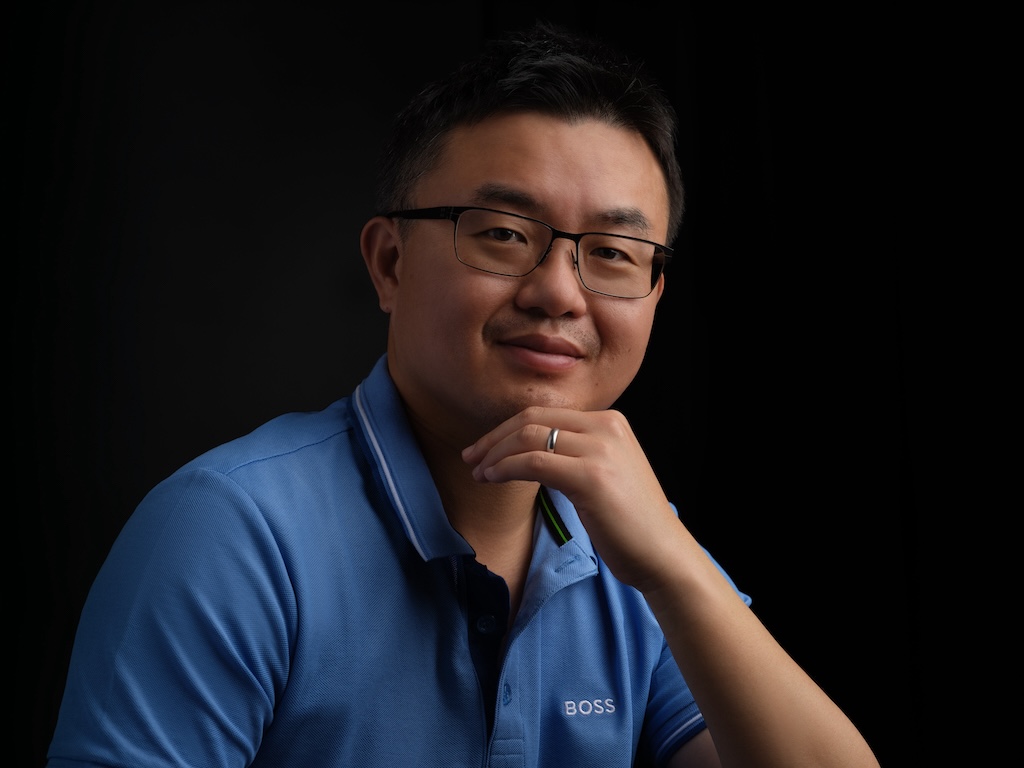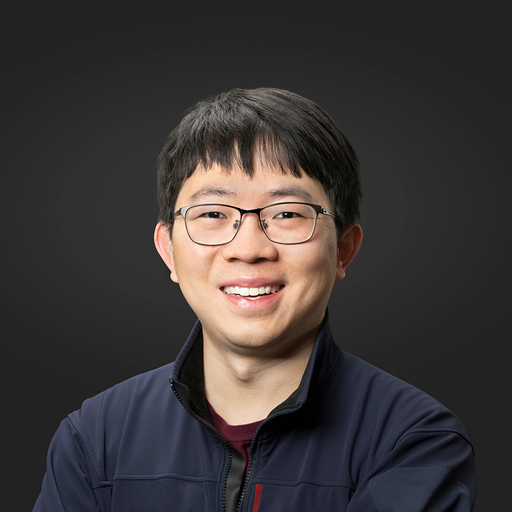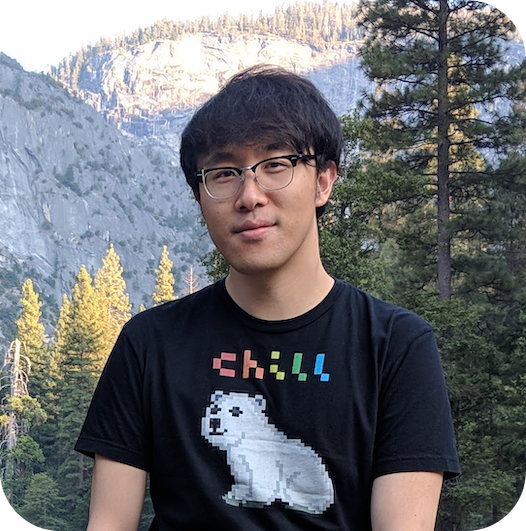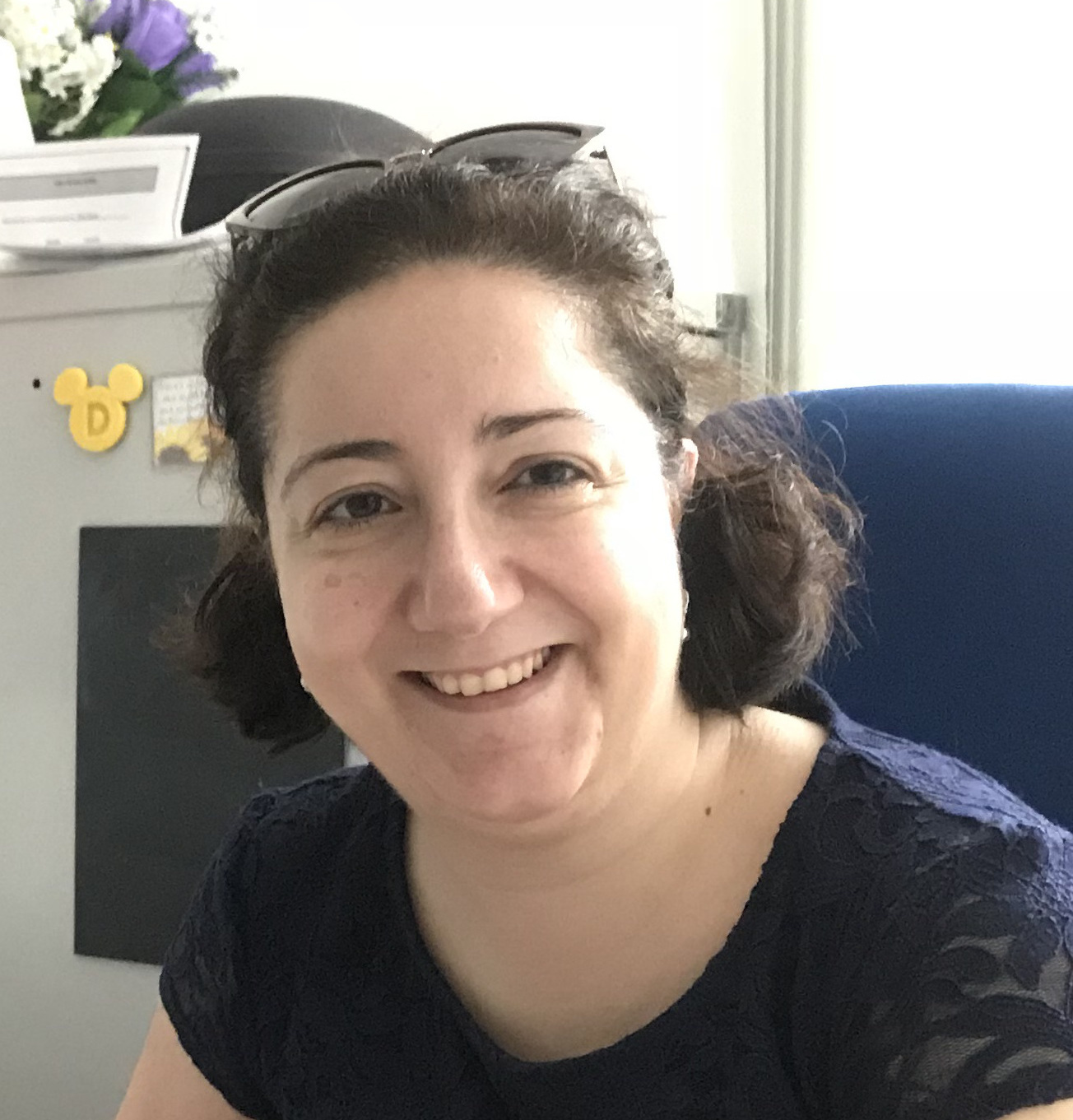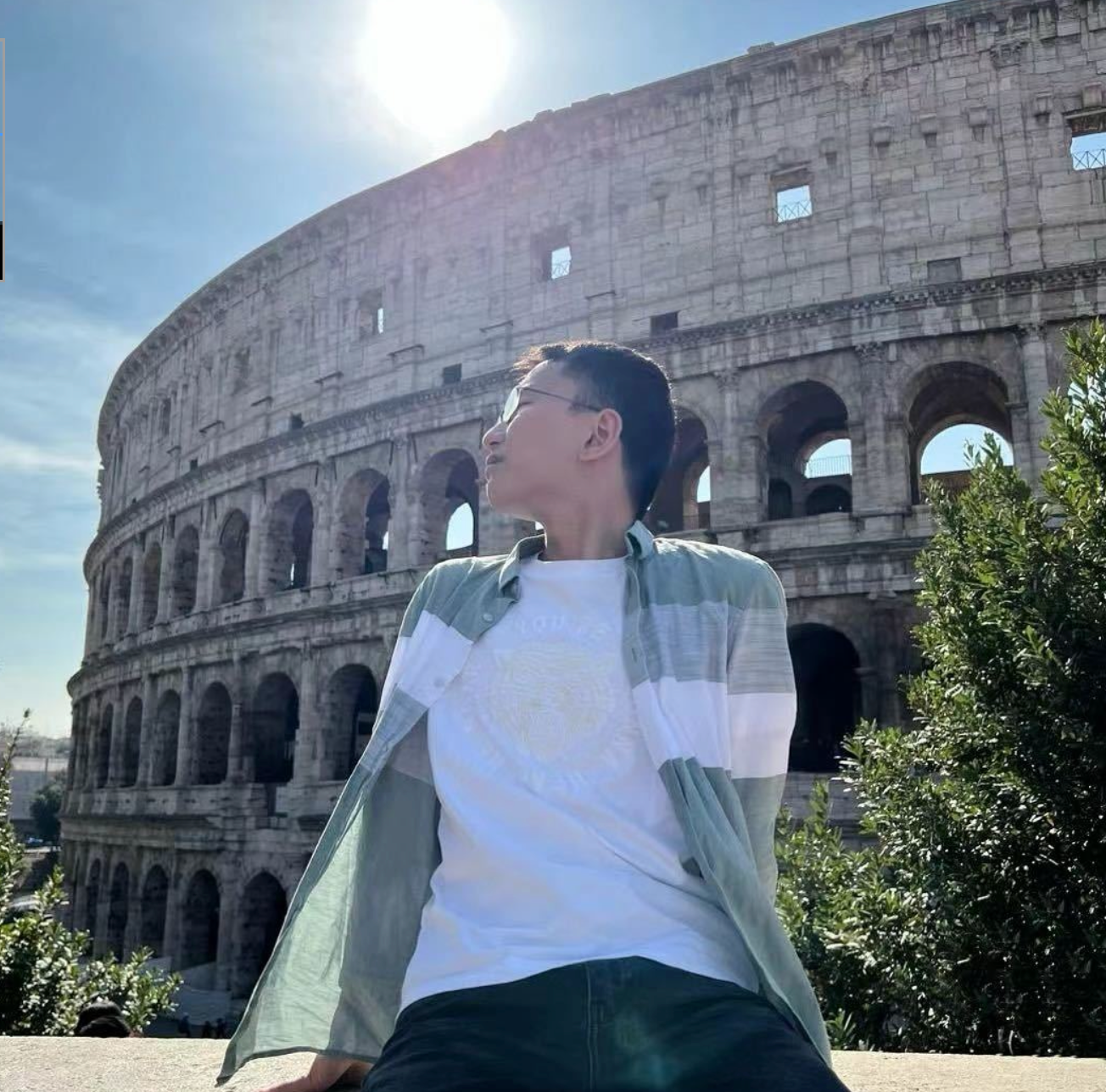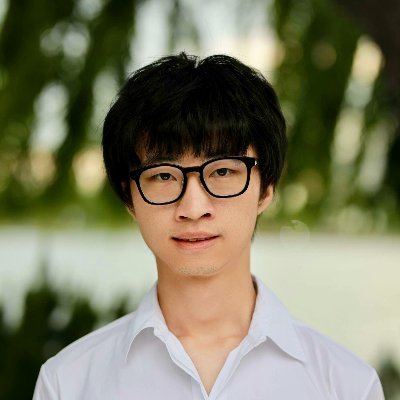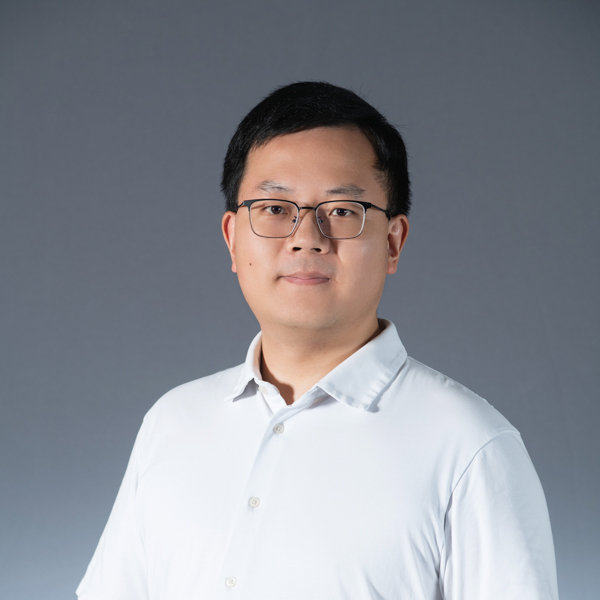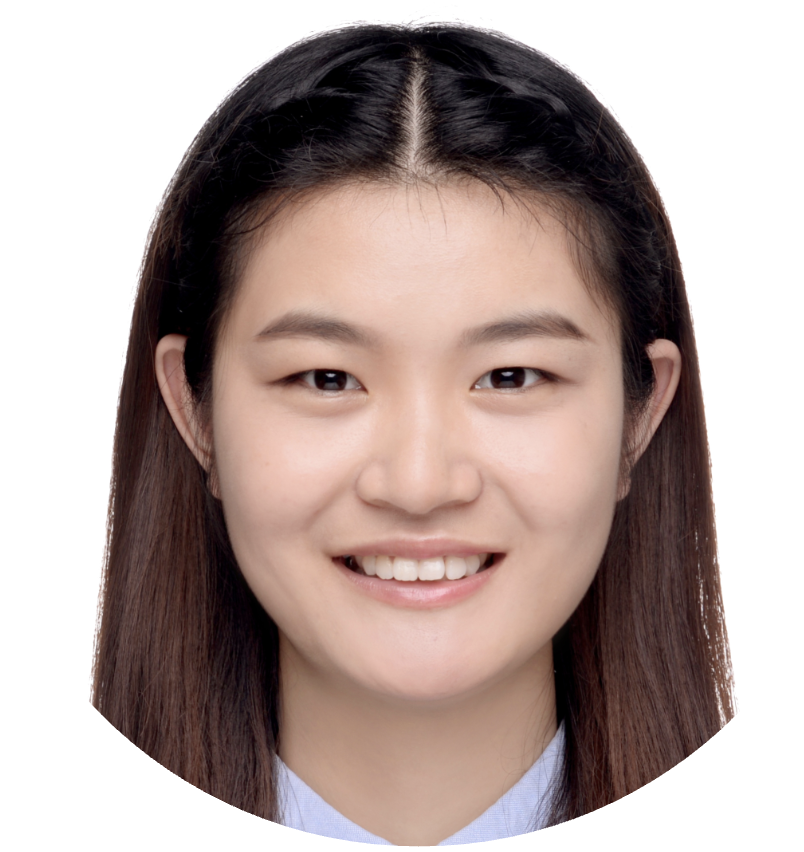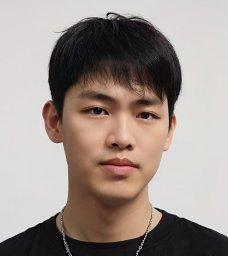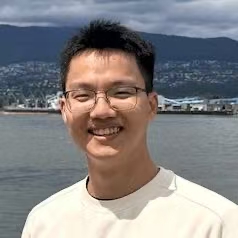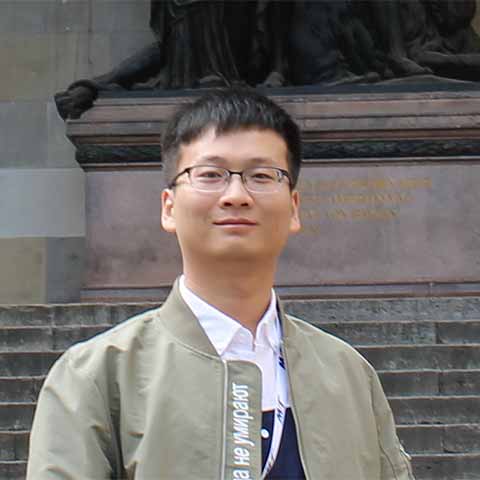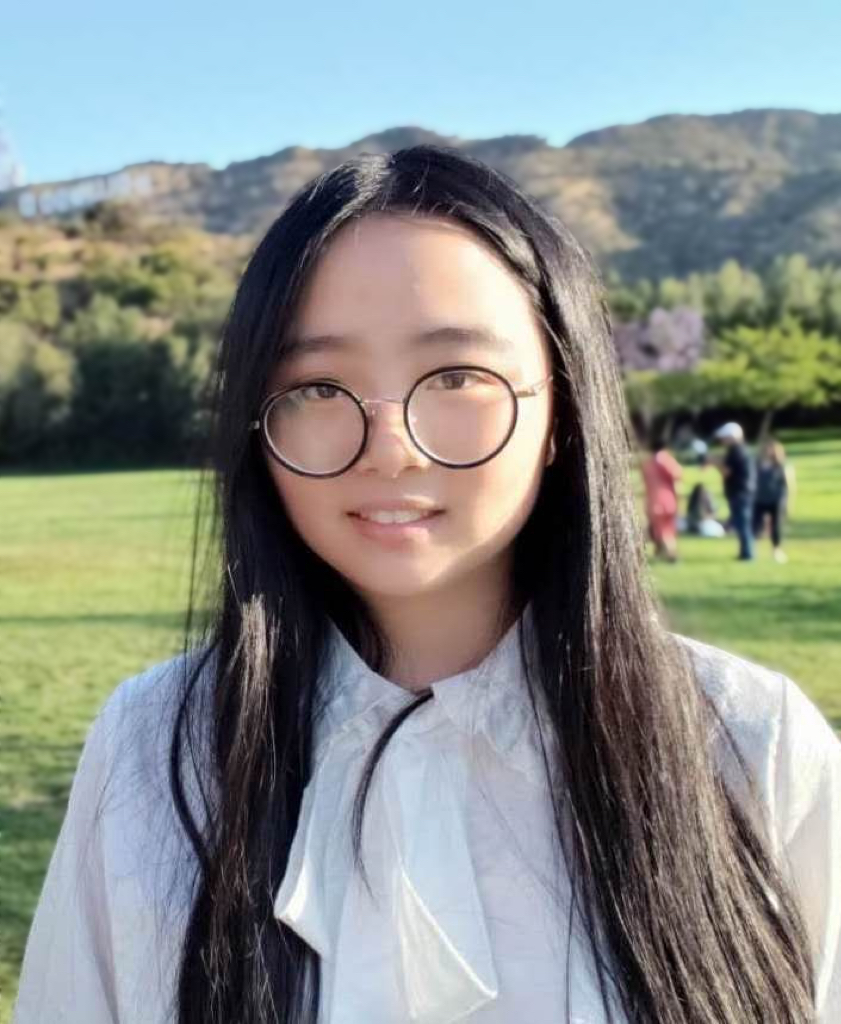What Makes a Good Video:
Next Practices in Video Generation and Evaluation
@ NeurIPS 2025 Workshop
Exploring the challenges and opportunities in video generation and evaluation
Saturday, December 6th at 8:00 AM PST.
Upper Level Ballroom 6B, San Diego Convention Center
About the Workshop
This workshop aims to explore the paradigm evolution for next-generation video generation models. We focus on core topics such as video generation, video understanding, benchmarks, and application implementation. Through in-depth discussions, we hope to, on the one hand, deepen the understanding of the limitations of current video models, and on the other hand, identify more valuable exploration directions for future research and practice. To this end, we have specially invited senior experts from both academia and industry to serve as speakers. They will deliver theme-sharing sessions from diverse perspectives, helping participants gain a comprehensive insight into the cutting-edge developments in the field.
Topics of Interest
We invite submissions on the following topics but are not limited to:
Video Generation Models
- Prompt-driven controllable synthesis
- Layout & motion conditioning (spatial layouts, motion trajectories)
- 3D / 4D / physics-informed priors for geometric and physical realism
- Narrative & expressive modeling to capture story structure and affect
- Cross-modal generation from audio, text, or interactive inputs
- Latent space control and editing for interactive generation
Benchmarks & Evaluation
- Long-form & multi-shot datasets for task-oriented assessment
- Temporal-coherence evaluation: consistency over time, scene continuity, cinematic quality
- Temporal / semantic / causal metrics
- Human-aligned scoring for spatiotemporal and narrative fidelity
- LLM-powered automated review with interpretable feedback
- Reproducible benchmarking protocols
Applications
- Feedback-in-the-loop frameworks
- Media & content production (film, short-form video, advertising)
- Education & training (instructional demos, simulation-based learning)
- Immersive AR/VR dynamic scene generation
- Robotics & simulation synthetic video for perception and planning
- Interactive entertainment and gaming narratives
Speakers
Organizers
Workshop Schedule
Morning
Afternoon
Note for Poster Authors: Authors who need to set up posters can do so during the following time windows: 7:30-8:00 AM (before the workshop starts), 9:15-9:35 AM (Morning Coffee Break), 11:40 AM – 1:30 PM (Lunch Break), and 3:10 – 3:30 PM (Afternoon Coffee Break).
Paper Submission
| Submissions Due | August 29, 2025 AoE |
| Author Notification | September 22, 2025 AoE |
| Camera-Ready Due | September 29, 2025 AoE |
Submission Guidelines
We welcome the following types of submissions:
- Full Paper: In this track, we welcome the submissions that are intended to demonstrate original research ideas and their impacts, and have not been published to other conferences/journals. The text length should be 5-9 pages (excluding references and appendices).
- Short Paper: In this track, we welcome the submissions that are intended for reporting promising early-stage research, novel ideas, or results that may not yet be fully developed for a full paper. The text length should be 2-4 pages (excluding references and appendices).
All submissions will be featured in the workshop poster session to give the authors the opportunity to present their work, and a subset of the submissions will be selected for a oral talk session during the workshop. All accepted papers are non-archival.
We employ a double-blind review process conducted through the OpenReview, and all papers must adhere to the NeurIPS 2025 submission format and use NeurIPS 2025 latex template.
Submission Portal: OpenReview
Review Guidelines
Our review process follows the standards of NeurIPS 2025, and reviewers are expected to adhere to the same NeurIPS 2025 reviewer guidelines. We sincerely thank all reviewers for their dedication to maintaining the high academic standards of the NextVid Workshop@NeurIPS 2025!Oral Papers
- Geometry Forcing: Marrying Video Diffusion and 3D Representation for Consistent World Modeling
- MUG-V 10B: High-efficiency Training Pipeline for Large Video Generation Models
- VideoGen-of-Thought: Step-by-step generating multi-shot video with minimal manual intervention
- Reinforcement Learning Tuning for VideoLLMs: Reward Design and Data Efficiency
- Video Killed the Energy Budget: Characterizing the Latency and Power Regimes of Open Text-to-Video Models
Poster Papers
- VIBE: Annotation-Free Video-to-Text Information Bottleneck Evaluation for TL;DR
- DriveGen3D: Boosting Feed-Forward Driving Scene Generation with Efficient Video Diffusion
- Seeing Beyond the Scene: Analyzing and Mitigating Background Bias in Action Recognition
- The Unwinnable Arms Race of AI Image Detection
- ZeroTrail: Zero-Shot Trajectory Control Framework for Video Diffusion Models
- Interaction-Aware Video Narrative Generation for Short-Form Gaming Content
- Petri Net Structure-Driven Video Generation
- Scaling Image and Video Generation via Test-Time Evolutionary Search
- Learning Human-Perceived Fakeness in AI-Generated Videos via Multimodal LLMs
- Confidence Scores for Temporal Properties over Sequences of Predictions
- Reframe Anything: LLM Agent for Open World Video Reframing
